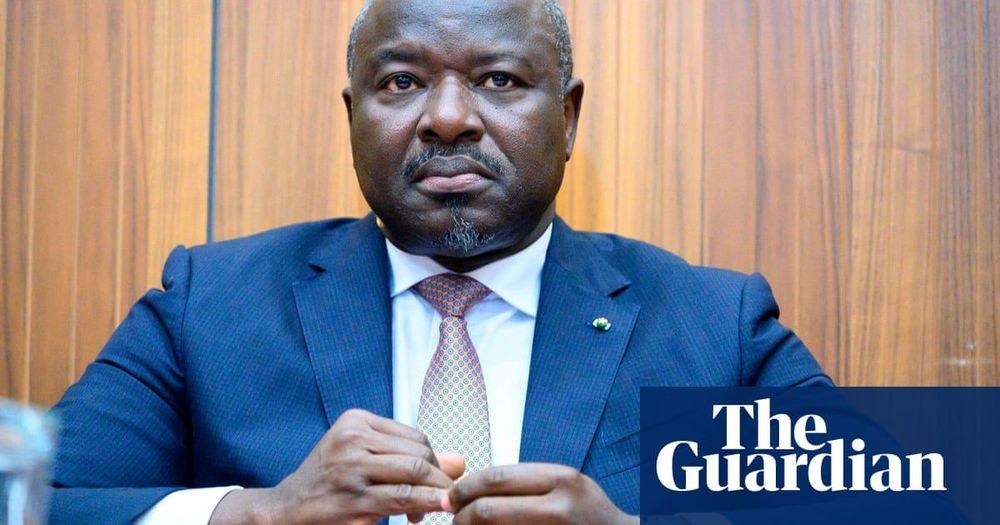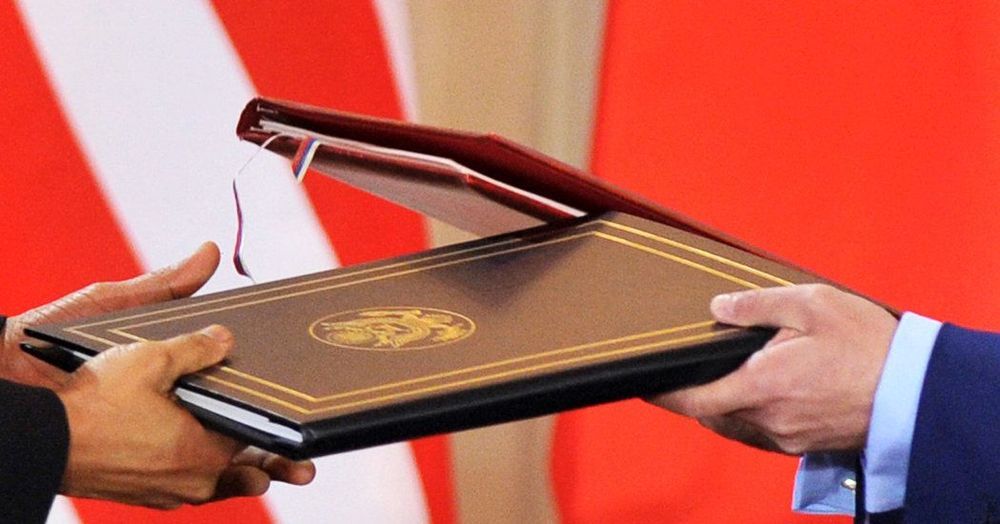Lassina Zerbo, head of body monitoring test ban treaty, responds to White House discussions about potential first US test for 28 years.
Julian Borger in Washington.

Lassina Zerbo, head of body monitoring test ban treaty, responds to White House discussions about potential first US test for 28 years.
Julian Borger in Washington.
Ira Pastor, ideaXme life sciences ambassador, interviews Archbishop Vincenzo Paglia, President of the Pontifical Academy for Life and Grand Chancellor of the John Paul II Pontifical Theological Institute for Marriage and Family Sciences.
IdeaXme does not advocate for or support any religion in favour of another.
Ira Pastor Comments:
Vatican City is an independent city-state, enclaved within Rome, Italy, established with the Lateran Treaty (in 1929), and with an area of only about 121 acres, and a population of about 825, it is the smallest sovereign state in the world by both area and population.
The Vatican City is an ecclesiastical state ruled by the pope (currently His Holiness Pope Francis) who is the bishop of Rome and head of the Catholic Church.
Within the Vatican City are various religious and cultural sites such as St. Peter’s Basilica, the Sistine Chapel, and the Vatican Museums, and they feature some of the world’s most famous paintings and sculptures.

It is vital that would-be bombmakers be disabused of any notion that they could evade tough international sanctions. We need a country-neutral, reasonably predictable, more-or-less automatic sanction regime that puts all countries on notice, even friends of the powerful.
By Victor Gilinsky Henry Sokolski
Just as we’ve had to discard business-as-usual thinking to deal with the current worldwide health emergency; it’s time to get serious about the spread of nuclear weapons. It doesn’t have the immediacy of the coronavirus, but it will last a lot longer and is no less threatening. In particular, we need to fortify the Nuclear Nonproliferation Treaty (NPT), which is fifty years old this year and badly needs fixing. The April 2020 Review Conference will likely be postponed, which provides time to develop something more than the usual charade of incremental proposals that nibble at the problem.

Entrepreneur and former presidential candidate Andrew Yang is not being shy about his belief that the impact of the coronavirus outbreak makes the case for his trademark proposal of giving Americans cash so they can have an economic boost.
Yang is now calling on lawmakers to do just that to help people navigate their way through the pandemic that has resulted in governments ordering schools and many businesses to close.

Democratic presidential candidate Rep. Tulsi Gabbard  Tulsi GabbardLawmakers call for universal basic income amid coronavirus crisis Tulsi Gabbard calls for giving Americans K a month during coronavirus outbreak Biden consolidates majority support in new Hill/HarrisX 2020 poll MORE (D-Hawaii) called for introducing a universal basic income (UBI) of $1,000 a month until coronavirus “no longer presents a public health emergency.”
Tulsi GabbardLawmakers call for universal basic income amid coronavirus crisis Tulsi Gabbard calls for giving Americans K a month during coronavirus outbreak Biden consolidates majority support in new Hill/HarrisX 2020 poll MORE (D-Hawaii) called for introducing a universal basic income (UBI) of $1,000 a month until coronavirus “no longer presents a public health emergency.”
“Most Americans don’t have that safety emergency bank account even for a short term, what to speak of if you’re talking about weeks, or in this case people are looking at potentially months,” Gabbard said in an interview on Hill. TV.
Her proposal, H.R. 897, would give a UBI of $1,000 per month to all adult Americans “until COVID-19 no longer presents a public health emergency.”

As the April 23rd French presidential election approaches, candidates are predictably stumping to bring voters out, but far-left candidate Jean-Luc Mélenchon may have the most effective strategy: using an optical illusion, he beamed “holograms” of himself to six cities around the country.
As Le Parisien reports, Mélenchon, who is often compared to Bernie Sanders, uses a technique known as Pepper’s Ghost (and not technically a hologram) to broadcast a 2-D version of himself. From Dijon, he simultaneously appeared in seven places at once yesterday.
